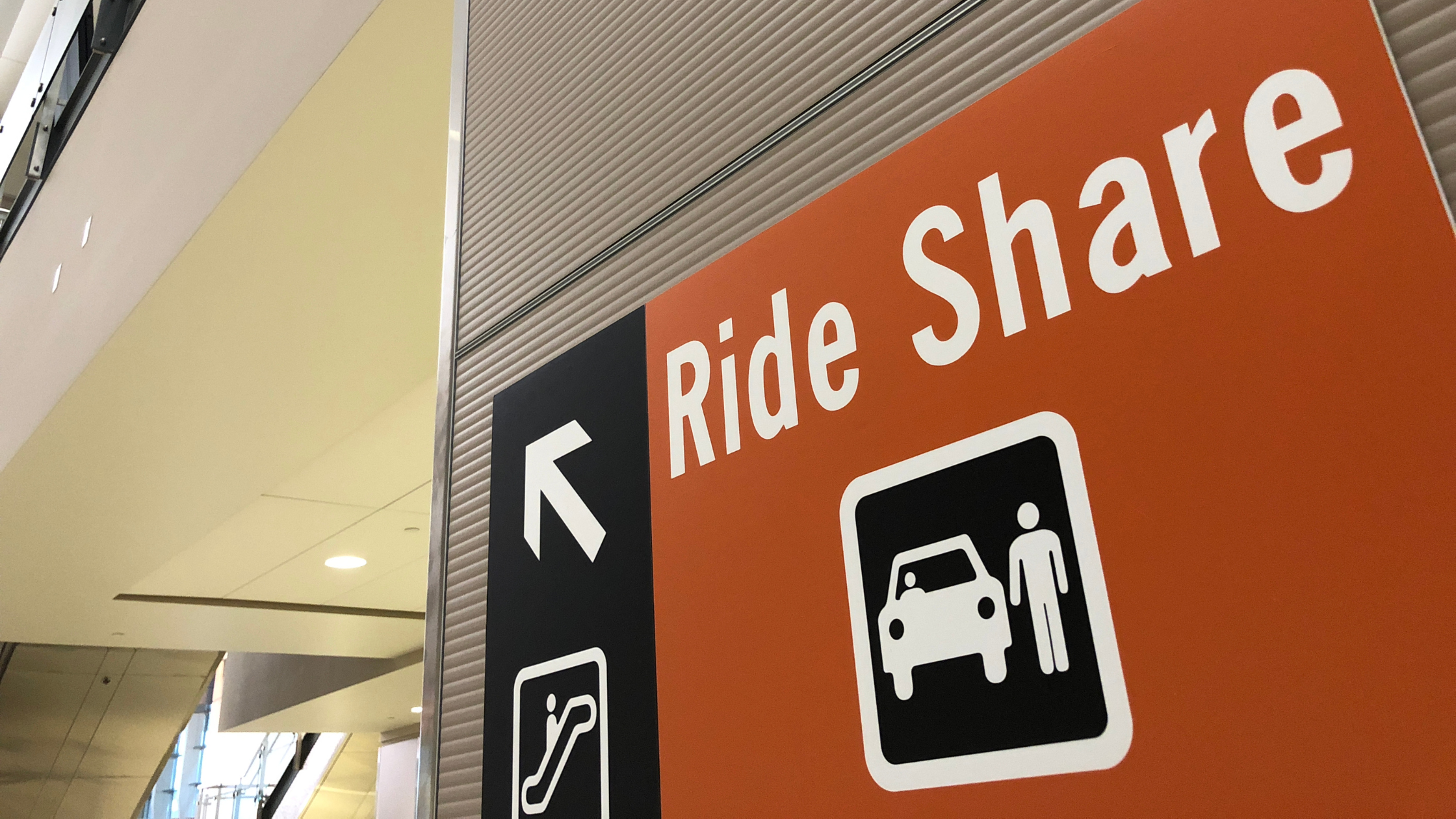Driving full-time for Uber, Lyft, DoorDash, or other rideshare platforms can be a great way to earn a living, but it comes with its unique set of financial challenges. As an independent contractor, your income can fluctuate week to week, making it essential to manage your finances wisely.
Proper budgeting is the key to not only surviving but thriving as a full-time rideshare driver. Whether you’re saving for the future, paying off bills, or covering everyday expenses, here are some tips to help you manage your money effectively and keep your finances in check.
1. Track Your Earnings and Expenses
The first step to budgeting effectively is understanding your cash flow. As a rideshare driver, your income is variable, and it’s important to track both your earnings and expenses.
- Track Earnings: Keep a log of how much you earn each week, taking note of peak hours, surge pricing, and special promotions that may boost your income.
- Track Expenses: Rideshare drivers have several expenses, including fuel, maintenance, insurance, and car payments. Use apps or spreadsheets to keep a clear record of these costs.
By tracking your income and expenses, you’ll gain a better understanding of how much you’re really earning and where your money is going.
2. Set Aside Money for Taxes
Unlike salaried employees, rideshare drivers are self-employed, meaning taxes aren’t automatically deducted from your paycheck. It’s essential to set aside a portion of your income for taxes.
- Estimate Your Tax Rate: A general rule of thumb is to set aside 25-30% of your earnings for taxes.
- Open a Separate Account: Consider opening a separate bank account to set aside your tax money, so it doesn’t get mixed with your daily spending funds.
Be sure to consult a tax professional to understand your deductions and write-offs as a rideshare driver, which could include mileage, maintenance, and even rental costs if you’re using a car rental service like EcoDriven.
3. Plan for Vehicle Maintenance and Repairs
As a full-time rideshare driver, your vehicle is your livelihood. It’s essential to plan for maintenance and repairs to avoid any financial surprises.
- Set a Maintenance Budget: Allocate a certain amount of your monthly income to car repairs and upkeep.
- Routine Checks: Make sure to keep up with regular maintenance (oil changes, tire rotations, etc.) to avoid costly breakdowns down the road.
At EcoDriven, we help eliminate maintenance headaches by offering well-maintained hybrid vehicles for rental, which means no surprises for repairs or upkeep.
4. Budget for Gas
Fuel is one of the largest expenses for a rideshare driver. To budget for gas, consider the following:
- Track Fuel Usage: Keep track of how much fuel you’re using weekly and set a budget based on your average mileage.
- Use Gas Apps: Use apps like GasBuddy to find the cheapest fuel prices near you.
- Rent a Fuel-Efficient Car: If you’re renting a car, choose a hybrid or electric vehicle to maximize fuel efficiency and minimize costs. EcoDriven’s hybrid vehicles offer excellent mileage, saving you money on fuel.
5. Save for the Future
Just like any other profession, it’s important to set aside money for your future. Even if your income varies, it’s important to regularly contribute to your savings.
- Emergency Fund: Set aside a portion of your income for emergencies, like unexpected car repairs or health issues.
- Retirement Savings: Contribute to a retirement savings plan (like an IRA or 401(k)) to ensure your future is financially secure.
- Savings Goal: Set a savings goal each month and make it a priority to meet that goal.
Final Thoughts
Budgeting as a full-time rideshare driver doesn’t have to be complicated. By tracking your income and expenses, planning for taxes, setting aside money for vehicle maintenance, and budgeting for fuel, you can better manage your finances and ensure long-term financial success.
At EcoDriven, we offer flexible, affordable hybrid car rentals that can help you save money on fuel and maintenance, allowing you to focus on what you do best—driving and earning.
